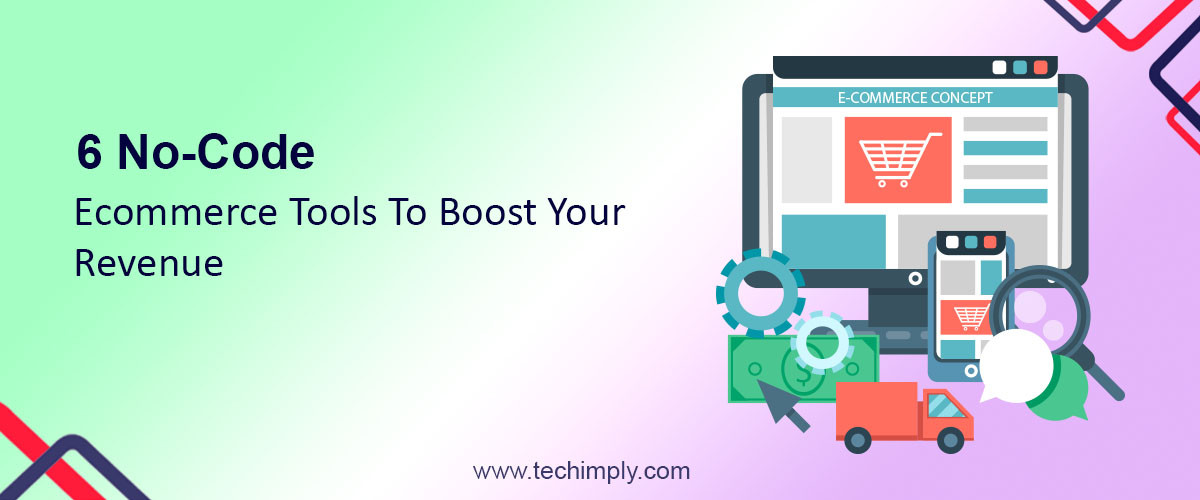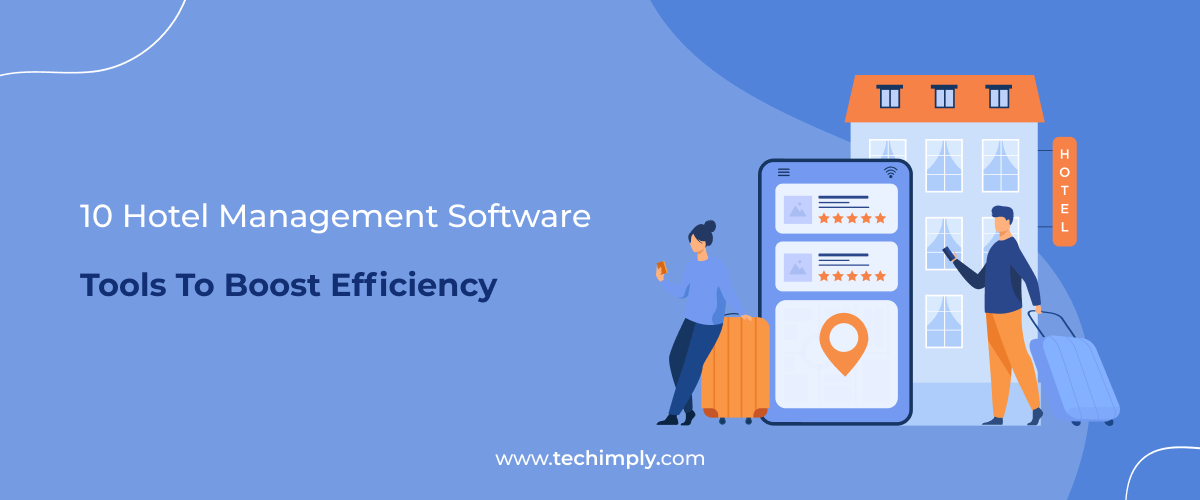It’s a fact — businesses are increasingly selling their products online, significantly since the events of 2020 shifted consumer focus away from the physical storefronts of the high street.
Whether you own your own business or operate as an independent supplier, selling your products online offers plenty of benefits. After all, it’s much easier to sell something if people can find it easily.
E-commerce platforms help small businesses compete with more prominent companies by removing physical limitations. With the benefits of e-commerce so apparent, many entrepreneurs have turned their attention to it as a way to boost revenue and grow their businesses.
Undoubtedly, many e-commerce solutions are available for business owners to use to sell at higher volumes.
However, not all e-commerce tools are created equal. Some will offer lower-cost solutions (often with sub-standard functionality), while others will provide greater functionality at a higher price tag.
Thankfully, there are plenty of tools available that require no coding experience whatsoever — below, we’ll detail some of our favorites, all of which can help your store reach a broad audience and boost sales.
Shopify
Shopify is an award-winning, end-to-end e-commerce platform, and with over 18 million users, it’s one of the most popular, too.
Shopify offers many features to help you sell your products online. You can use Shopify’s e-commerce tools like Shopify abandoned cart apps to create a fully functional online store, sell products, and track your sales without typing out a single line of code. This is without mentioning the variety of plugins and add-ons available for the platform.
If you're looking for help with Shopify store development, you might want to consider working with a Shopify development company.
Shopify’s tools make it relatively easy (even for newcomers to e-commerce) to set up an online store and accept payments online.
It’s also possible to build custom apps on top of Shopify’s platform to further expand your store's functionality. You can build your store in as little as 10 minutes using Shopify, and the platform offers full control over your online store.
Spotify also boasts a dedicated, friendly community, who are ready to assist you with any issues that may arise. So, if you’re considering jumping into the world of e-commerce, Shopify is a solid place to start.
Crisp Chat
With crisp. chat, you don’t have to rely on your customer service agents to handle every customer interaction. Instead, you can deploy one of Crisp’s advanced chatbots.
This way, visitors to your store can get the answers they need anytime, even if your agents aren’t available. As an e-commerce store owner, the last thing you want is for any potential customers to be turned away by a lack of service, or confusion on how to navigate your site.
Using Crisp, common customer queries can be answered instantly, and more importantly, more advanced issues can be redirected to your support team.
Crisp Chat is designed to help you establish a consistent brand message with your customers and improve customer service. Crisp also empowers your business with the tools to create a comprehensive knowledge base, too — think of this as a searchable encyclopedia for your business.
Volusion
Volusion is a cloud-based e-commerce platform for small to mid-sized businesses. With Volusion, you can quickly set up your online store and sell products online. Think of it as an alternative to Shopify.
However, unlike Shopify, Volusion is probably one of the oldest online store-building platforms in the e-commerce industry, founded in 1999 by Kevin Sproles in his bedroom. This fully cloud-based application is a force to be reckoned with in the e-commerce scene and for a good reason. Volusion is PCI-certified and listed on Visa's approved providers list.
Volusion has helped tens of thousands of customers worldwide, including well-known brands such as Disney, Motorola, the Chicago Tribune, and 3M, so you’ll be in good company if you choose to host your store through this platform!
Delivery
As an e-commerce business, one of the most crucial decisions you can make is how you will fulfill every order you receive. Choosing a fulfillment service can be tricky — making the wrong choice could spell disaster for your store. After all, customers will quickly lose patience if their items are delivered late, or worse, not at all!
The San Francisco-based startup Delivery specializes in shipping and fulfillment. It specializes in delivering products very quickly for its clients, primarily e-commerce brands.
Customers expect fast delivery at no extra cost on massive online marketplaces like Amazon, which is why the Delivery mission is so simple. Providing fast and cost-effective fulfillment for all sellers, regardless of size.
By providing fast shipping (1-2 days), Delivery can help any store compete with Amazon’s lightning-fast ‘Prime’ delivery service. With Deliverr, e-commerce store owners automatically qualify for Prime-like programs, including Walmart’s 2-day free shipping and eBay’s ‘guaranteed by x date’ delivery. Using Deliver programs, merchants can increase their online visibility and increase their sales.
Squarespace
Squarespace is a content management software that powers millions of websites. Squarespace’s website builder is designed for any business. It’s possible to quickly create a fully functional online store and collect customer data with Squarespace’s site builder.
Squarespace includes a drag-and-drop website builder and enables users to create sites with a mobile-responsive design — perfect for SEO purposes and ideally suited to growing or small businesses that want a truly on-brand storefront.
Several useful tools are included with Squarespace's two e-commerce plans, including inventory management and abandoned cart recovery. Coupling your Squarespace Commerce app with a ‘Square’ account allows you to sell while offline and keep it all synced up in one place.
Card payments can also be taken on the move, and any sales will be synced with your online inventory.
BigCommerce
BigCommerce is a paid-for, ‘hosted’ e-commerce solution allowing business owners to set up an online store and sell their products online.
You don't need to buy web hosting or install software on your computer to use BigCommerce — it runs on its servers, meaning you can build and manage your store anywhere you can access an internet connection and a web browser.
Like the other e-commerce platforms on this list, BigCommerce is a ‘software as a service’ (SaaS) solution — which means that instead of owning the software, you’ll pay a monthly fee for the privilege of using it.
This is advantageous, as it opens the gates for small businesses to get in on the action, as there’s no hefty upfront fee to pay.
BigCommerce comes with a wide variety of customizable templates to help you build your e-commerce store; you can use it to sell either physical or digital goods, and some tools are provided to help you market your store, too. To boost your revenue, you'll want to integrate a BigCommerce subscription solution to generate recurring income.
Conclusion
Whether you’re thinking about driving headfirst into the world of e-commerce or already running a store and fancy upgrading it, we hope we’ve provided you with a few worthwhile suggestions.
Thanks to the huge variety of SaaS solutions online (along with the slew of free plugins and templates accompanying them), there’s little need to learn the complicated art of coding or hire a team of specialists to build your store for you.
The no-code tools above can empower even the most inexperienced business owners. They will allow practically anyone to create their store from scratch and rake in a healthy revenue in the process.



.jpg)


